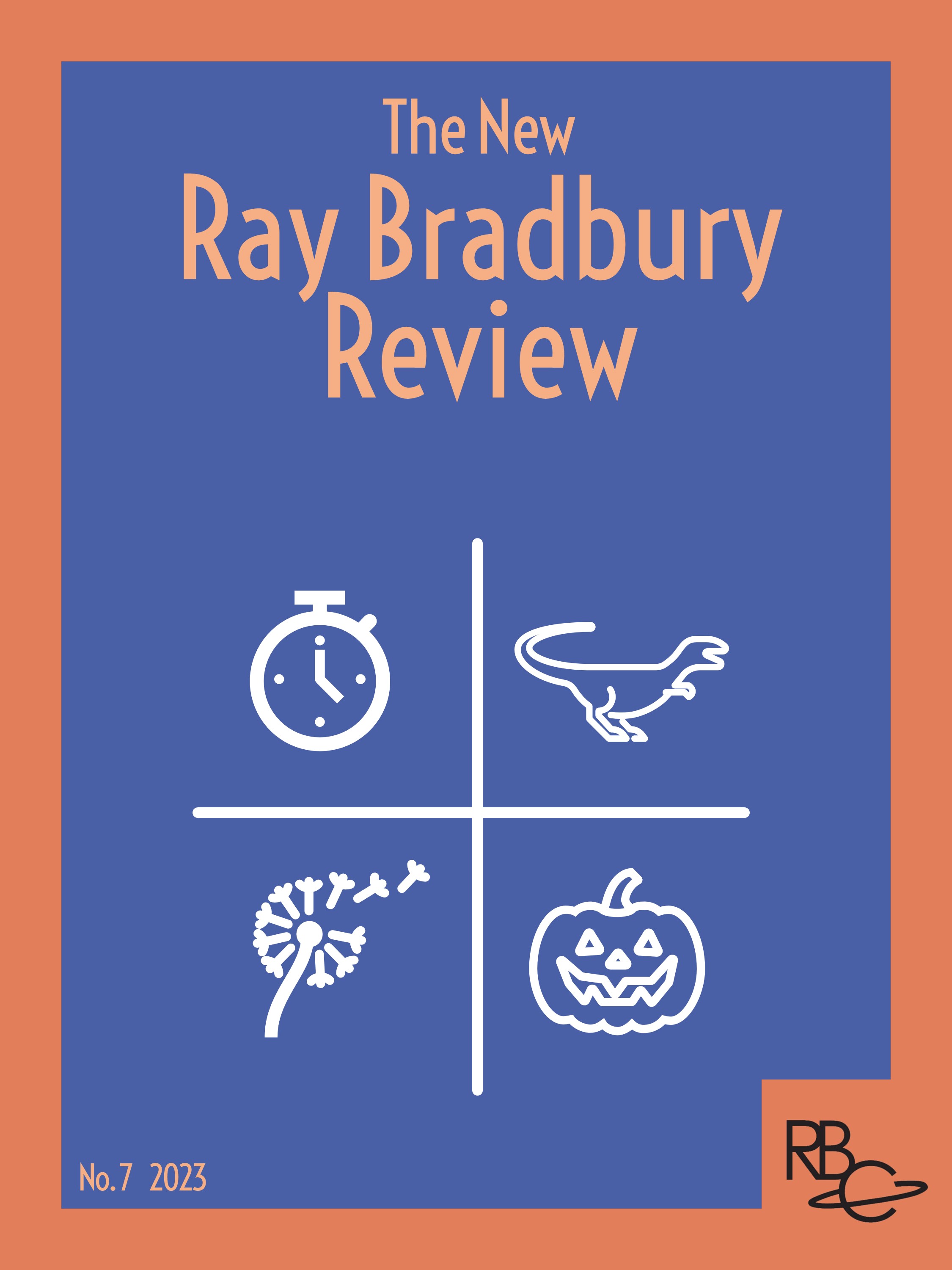Ray Bradbury and the “Tower of Babel,” or Why Great Literature is Good for Nothing
DOI:
https://doi.org/10.18060/27568Keywords:
Ray Bradbury, Fahrenheit 451, literacy, bardic tradition, narratologyAbstract
The idea that sci-fi, at least good sci-fi, has a thinly veiled social message, that it is always addressing the now, naturally suggests that Fahrenheit 451 has a utilitarian message for its readers. That message seems straightforward enough: reading imaginative literature is good for us and good for society. This message, however, is negated by Bradbury’s own statements on literature: “The fact is, any literature whose function it is to teach, ceases to be literature as such; it becomes didactic literature, which is the color of another horse. When literature becomes obsessed by ideas as such, it is no longer literature.” While literature may have no utility, no social value, Bradbury speculates that without art, humans inevitably create a market-driven, media-dominated culture, a “nice blend of vanilla tapioca,” in which no one makes any great impression. Great literature nullifies and transcends the ordered and the ordinary; it is good for nothing because it negates everything.
Downloads
Published
How to Cite
Issue
Section
License
Copyright (c) 2023 Jeffrey Kahan

This work is licensed under a Creative Commons Attribution-NonCommercial 4.0 International License.
The New Ray Bradbury Review is published under an Attribution-NonCommercial 4.0 International (CC BY-NC 4.0) Creative Commons License. All content is freely available without charge. Readers are permitted to read, download, copy, distribute, print, search, or link to the full texts of the articles, or use them for any other lawful purpose, without asking prior permission from the publisher or the author(s).


